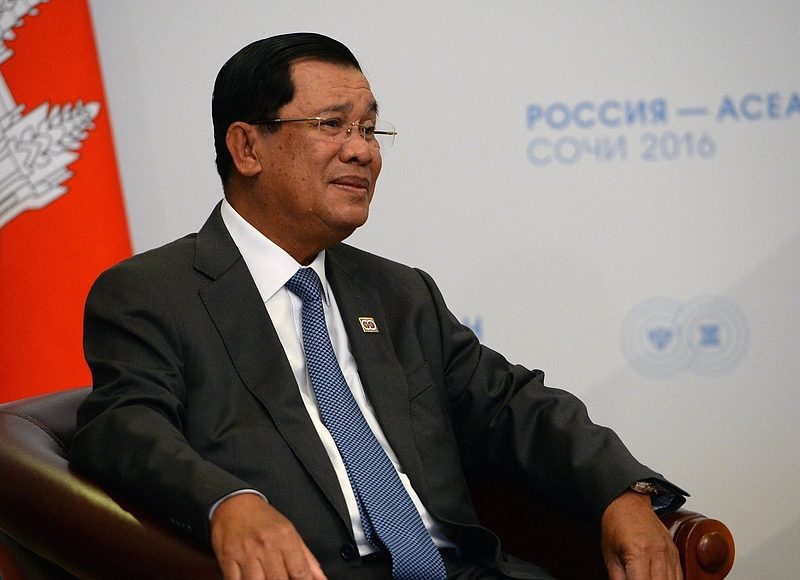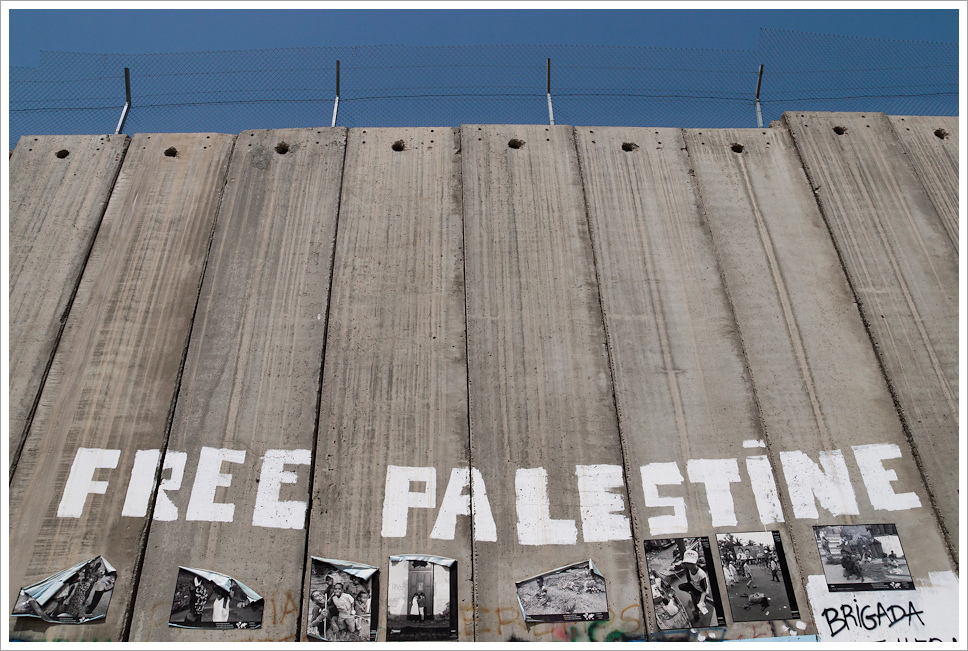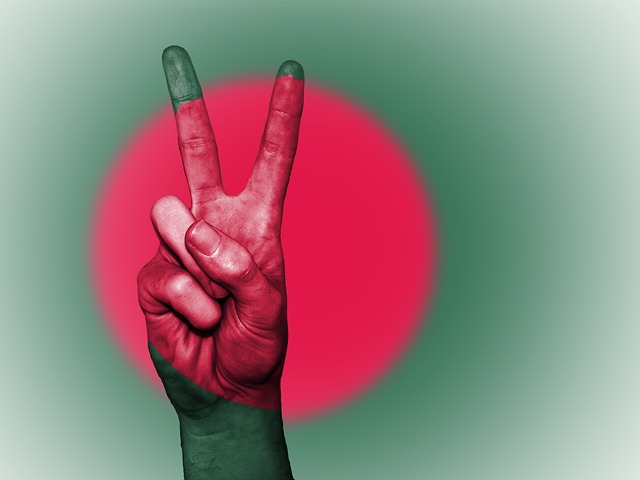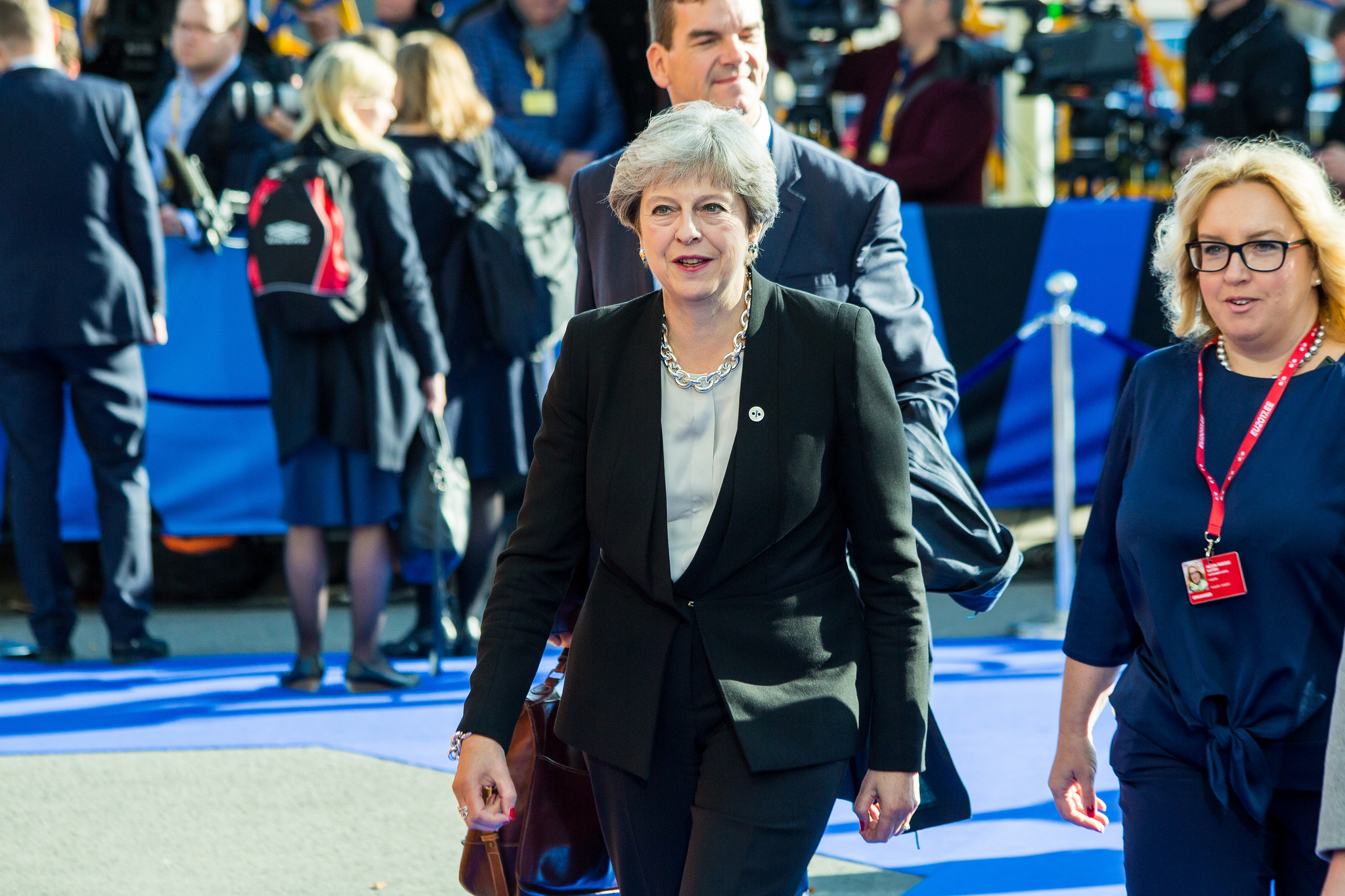Guest post by Oren Samet and Susan Hyde
Western governments today spend billions on international democracy promotion programming, from election support to civic education initiatives. Throughout the 1990s and early 2000s, this aid was associated with significant democratic development around the world. But the winds have since shifted.
Not only has backsliding among established democracies become a concern, but dictators have gotten better at resisting the forces of democratization and keeping themselves in power, including by erecting barriers to democracy assistance. Democracy promoters have had to adapt to this new reality, increasingly embracing non-confrontational programming that avoids challenging regimes directly.
Many such programs, particularly those that focus on civic education and participation, are designed to operate in contexts that are already democratizing or at least where regimes are genuinely open to reform. When applied to more entrenched authoritarian systems, however, these programs face a potential dilemma. Recognizing the legitimizing value of democratic processes both at home and abroad, dictators may try to leverage the presence of democracy promotion to bolster their own position, using it to provide a veneer of democratic legitimacy to undermine public demand for genuine democratization.
In this new environment, as barriers to programming increase and democratic progress slows, can traditional tools of democracy assistance be effective? And as authoritarian regimes entrench themselves globally and seek to burnish their “democratic” credentials, could democracy promotion efforts be doing more harm than good?
In a recently published article, we suggest that there may be hope yet for democracy promotion—but it’s important to dial back expectations. Citizen-focused initiatives—even in autocracies—can still impart important building blocks of democratic culture, including civic knowledge and demands for accountability. Democracy promotion efforts no longer possess as much promise of bringing down dictators or forging pathways to rapid democratization—arguably, they never did. But the effects on individual citizens are still beneficial. Perhaps even more importantly, we find little evidence of democracy promotion’s potential to be coopted by regimes.
Our study examined the effects of a real-world town hall-style initiative by a major international democracy promotion organization, which brought members of parliament to meet with their constituents in rural Cambodia. The goal was to empower citizens with knowledge and awareness to demand greater responsiveness from their elected representatives. It was similar to programming run in many countries, but Cambodia’s political context made it especially tricky.
Cambodia is an electoral authoritarian regime where the head of government, Prime Minister Hun Sen, has been in power for decades. Billed as an international post-conflict success story in the 1990s, by the early 2000s, Cambodia’s democratic progress had stalled, and recent years have seen the solidification of a durable dictatorship. Hun Sen and his Cambodian People’s Party repeatedly went after the political opposition and limited space for free expression. All the while, the regime sought to emphasize its democratic bona fides by focusing on the procedurally democratic aspects of the system—elections, parliamentary processes, and legal codes—despite the fact that these institutions are far from democratic in practice.
In such an environment, it’s reasonable to have concerns that democracy promotion may be manipulated to serve autocratic interests. But our findings suggest that—at least with respect to the domestic public—this may be more difficult than it sounds. Although the program we studied increased interest and willingness to engage with the existing system, citizens who participated were not swayed into believing that Cambodia was a functioning democracy. Instead, they maintained a healthy skepticism about the regime’s authoritarian nature, while gaining an appreciation for the value of opposition parties and professing an increased willingness to take actions like signing a petition or contacting elected officials.
Our results echo findings from studies of similar initiatives in other countries, including fragile emerging democracies and post-conflict settings like Mali, Liberia, and the Democratic Republic of the Congo. Many of these programs were found to foster greater public knowledge, political efficacy, and demands for accountability. But the fact that such programming can have similar effects in a place like Cambodia, even amidst the added hurdle of more authoritarian constraints, is noteworthy.
Since the program we examined was carried out, the Cambodian regime has taken a sharp turn further from democracy, dissolving the country’s main opposition party and expelling prominent democracy promotion organizations in 2017. It’s tempting, given these developments, to suggest that the resources devoted to democracy promotion were wasted. But such an assessment ignores effects on individual citizens. While democracy promotion programs were not able to deter the regime from anti-democratic moves, political change can be hard to predict. Should a democratic opening re-emerge in the future, citizens will be more equipped to take advantage of it.
Our findings suggest that—despite the difficulties of working in autocratic environments and the broader challenges democracy faces globally—democracy promotion is still both possible and beneficial in electoral authoritarian regimes. When carried out effectively, its ability to foster a more engaged and informed citizenry does not necessarily come at the expense of a public blind to the autocratic nature of its government or the need for democratic change. This represents a potentially hopeful sign for policymakers and practitioners.
In a 2021 speech, USAID Administrator Samantha Power highlighted the need to “reinvent” the playbook on democracy promotion globally. But while a rethink is certainly in order given worldwide shifts, traditional tools, including programs designed to promote civic awareness and engagement, remain useful components of the toolbox.
Oren Samet is a Ph.D. candidate in political science at the University of California, Berkeley, and a dissertation fellow at the UC Institute on Global Conflict and Cooperation. Susan D. Hyde is Robson Professor of Political Science at the University of California, Berkeley, and a research affiliate with the UC Institute on Global Conflict and Cooperation Future of Democracy initiative.
Don’t have time to read the article? Listen on Spotify, Apple Podcasts, or wherever you get your podcasts.






